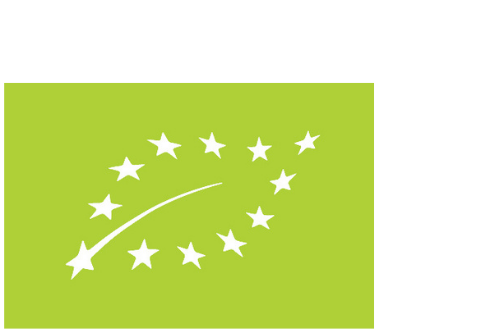
CERTISYS helps you understand the major changes of the new ORGANIC 2022 Regulation
As a reminder, the new Regulation (RE 2018/848) will be applied on 1 January 2022 in the EU, and by 31 December 2024 at the latest outside the EU for countries without trade agreements.
CERTISYS has developed summary sheets by theme to help you anticipate the impact of the new regulation on your activity. You will find them in our dedicated web space
What are the main points of attention by sector of activity?
An expansion of the range of products eligible for organic certification
New products may be certified organic when production rules are established, including:
- Essential oils not intended for human consumption
- Natural gums and resins
- Cotton
- Beeswax
- Silkworm cocoons
- Wool and raw hides
- Salt
Changes in the rules of production and processing of crop products
These changes include
- The provision of new details on the origin of the seeds and plants used.
- The derogation conditions allowing the gradual conversion of perennial crops in a mixed situation (presence of the same varieties or varieties that are difficult to distinguish on the same farm in organic and non-organic production) have been reviewed.
- The impossibility of having organic and non-organic grasslands on the same farm, including in the case of exclusive grazing
Changes in the rules of production and processing of animal production
- The reinforcement of food autonomy, the reduction in the percentage of food in conversion not originating from the farm, and the conditions for the use of non-organic protein feed for monogastric animals.
- Animal welfare is further taken into account, particularly with regard to the layout of buildings and outdoor areas.
- The conversion of monogastric livestock to organic farming is still possible, but the conversion period has been extended to at least one year.
- Additional restrictions have been introduced on the purchase of non-organic pullets. Under no circumstances may they be more than 3 days old.
- Finally, in beekeeping, new regulatory requirements have been published.
Changes related to food processing rules
The main change concerns the manufacture and use of flavourings. In the current Regulation, all natural flavourings are allowed. In the new Regulation, only natural flavourings of “x” will be allowed (those where at least 95% of the flavouring part comes from the source “x”, e.g. “natural vanilla flavouring” will be allowed but not a “natural flavouring” without flavour specification)
In addition, some changes have been published concerning the list of additives and processing aids that can be used, as well as the conditions of use of non-organic agricultural ingredients.
Eventually, a list of authorised cleaning and disinfection products will be published by 2024.
Changes related to labelling rules when using the Eurofoil logo
The new Regulation will, among other things, allow the name of a region to be specified together with the name of a country instead of the term “EU” or “non-EU” for the indication of the origin of agricultural raw materials, if all the raw materials come from the region mentioned.
Greater flexibility on the origin of products is granted: products labelled “EU Agriculture” may contain 5% non-EU ingredients, instead of 2% under the current Regulation.
Changes related to trade and import
There will eventually be 2 options for exporting an organic product to the EU:
- A trade agreement guaranteeing the equivalence of the organic production system of the third country with the EU Organic Regulation (probably UK, USA, Canada, Japan…)
- Products from other countries that have to comply with the EU Regulation 2018/848. In this case, the rules will be exactly the same for an operator in Europe and an operator in one of the third countries concerned.
This means that the equivalent organic standards applied by third country certification bodies (e.g. the CERTISYS Standard) will no longer apply and will be replaced by compliance with the EU Regulation 2018/848.
Further changes will be made to the new Regulation and other secondary acts (implementing acts and delegated acts) are expected to be published soon, stay tuned.
For the latest details of the new Regulation, please click the links below: